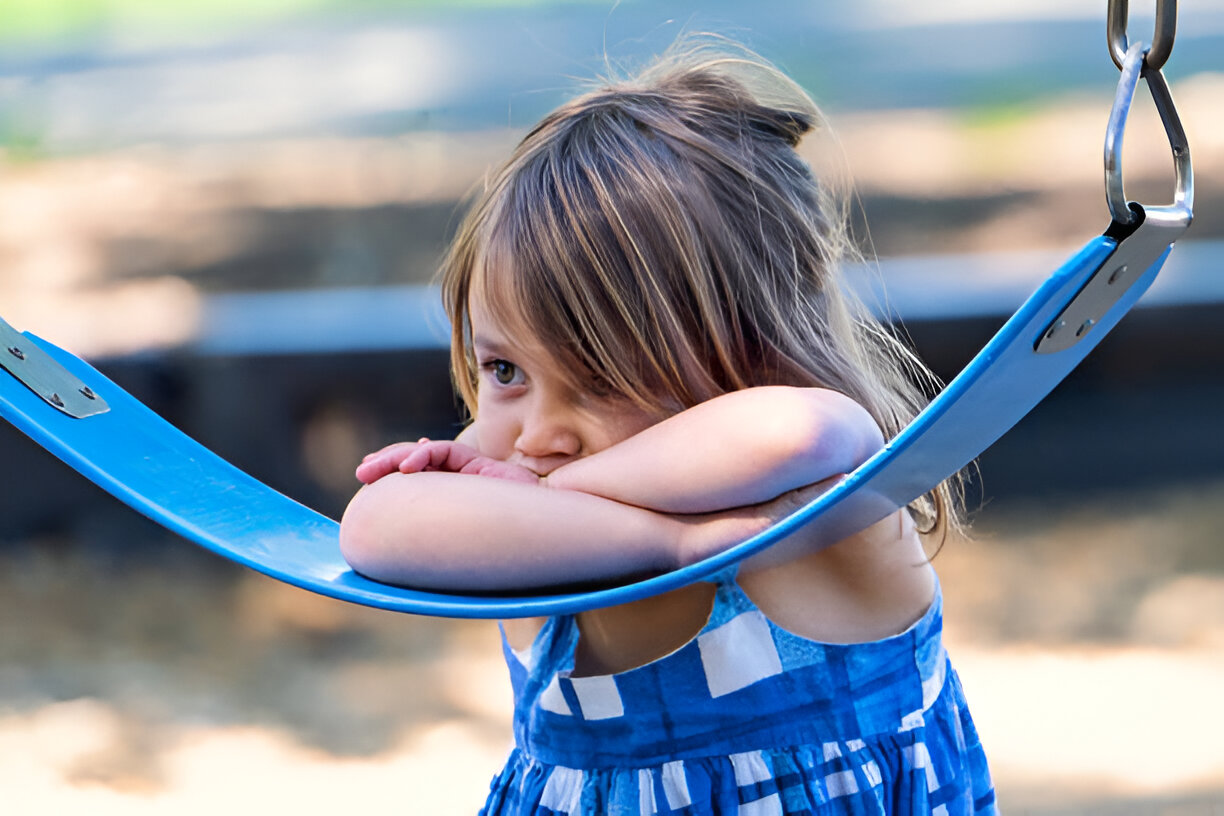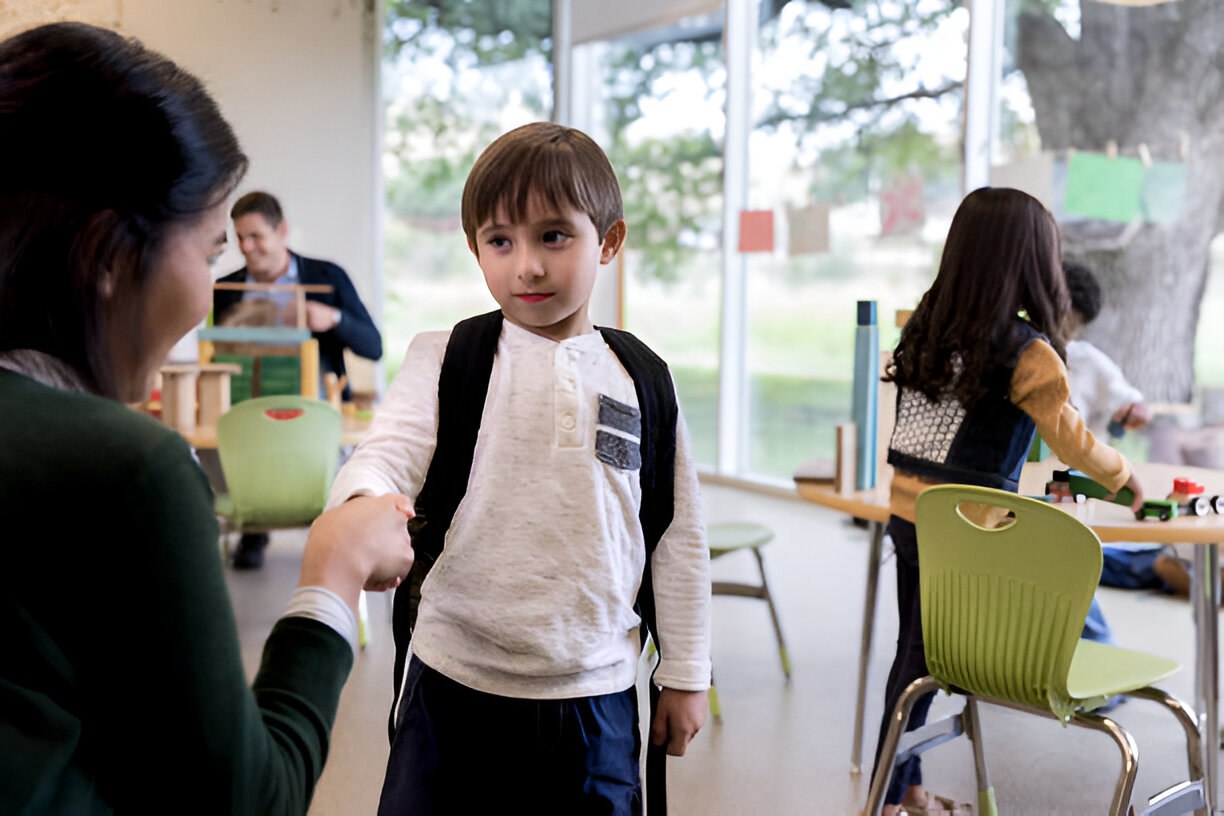Cause we are not only an online shop to sell products, we are here to help you create good memories for your children.
Quick Links
Get In Touch
2024 kidstore. All Rights Reserved

Omar was always the quietest kid in his class. While other children eagerly raised their hands to answer questions, Omar preferred to sit at the back of the classroom, hoping to go unnoticed. During recess, he would often sit alone, reading a book while his classmates played games and laughed together. His parents were worried about his shyness and its impact on his confidence and social development. They wanted to help him break out of his shell but didn’t know where to start. This blog at KidstorePK explores various strategies for helping shy kids build confidence and thrive in social environments.
Shyness is a common trait in children and is often characterized by feelings of anxiety and inhibition in social situations. According to a study published in the Journal of Child Psychology and Psychiatry, approximately 15-20% of children are temperamentally shy. While shyness is not inherently negative, extreme shyness can impede a child’s ability to interact with peers, participate in classroom activities, and take advantage of social opportunities.

Lets discover some effective strategies for helping shy kids build confidence:
Scenario:
Imagine a classroom where the teacher notices Omar’s reluctance to participate. Instead of pushing him to speak up in front of everyone, she creates smaller group activities where he can gradually become more comfortable interacting with his peers.
Explanation:
A supportive environment is crucial for shy children. Teachers and parents can create safe spaces where shy kids feel comfortable expressing themselves without fear of judgment. This can be done by fostering inclusive and respectful environments both at home and in the classroom. Small group activities, as in the scenario above, can help shy children gradually build confidence in their social interactions.
Scenario:
Omar’s parents enroll him in a drama class, knowing he loves stories and acting them out at home. At first, Omar is hesitant, but with gentle encouragement, he starts participating. Over time, he becomes more confident in performing in front of others.
Explanation:
Extracurricular activities such as sports, arts, and clubs provide shy children with opportunities to develop new skills and interact with peers who share similar interests. These activities can serve as platforms for building self-confidence. According to a report by the National Center for Education Statistics, children who participate in extracurricular activities tend to have higher levels of self-esteem and better social skills.

Scenario:
At home, Omar’s parents use role-playing games to help him practice common social situations, such as introducing himself to new classmates or asking to join a game. This practice helps Omar feel more prepared and less anxious when these situations arise in real life.
Explanation:
Role-playing is a powerful tool for helping shy children prepare for social interactions. By simulating various scenarios, children can practice their responses and build confidence in a controlled, low-pressure environment. This method also allows parents to provide immediate feedback and positive reinforcement.
Scenario:
Omar’s teacher notices his discomfort during group activities. She takes the time to model effective social skills, such as making eye contact, active listening, and polite conversation. She also encourages the other students to do the same, creating a more inclusive classroom environment.
Explanation:
Teaching and modeling social skills can help shy children learn how to navigate social interactions more effectively. Parents and teachers can demonstrate behaviors such as making eye contact, listening actively, and using polite language. These skills can be reinforced through practice and positive feedback.
Scenario:
Omar’s parents organize playdates with one or two classmates rather than larger groups. These smaller, more manageable social settings allow Omar to build confidence gradually.
Explanation:
Gradual exposure to social situations helps shy children become more comfortable over time. Starting with smaller, less intimidating gatherings can reduce anxiety and help children build positive social experiences. As they become more confident, they can gradually move on to larger group settings.

Scenario:
When Omar expresses frustration about a difficult social interaction, his parents encourage him to view it as a learning opportunity. They remind him that everyone makes mistakes and that each experience helps him grow stronger.
Explanation:
Encouraging a growth mindset helps children view challenges and setbacks as opportunities for growth rather than failures. This mindset can reduce the fear of making mistakes and increase resilience. Carol Dweck, a psychologist at Stanford University, has extensively researched the benefits of a growth mindset in children, highlighting its positive impact on self-confidence and perseverance.
Scenario:
After Omar successfully introduces himself to a new classmate, his parents praise his effort and bravery. This positive reinforcement makes Omar feel proud and more likely to try again in the future.
Explanation:
Positive reinforcement is a powerful motivator for children. Praising specific behaviors, such as making a new friend or participating in class, can boost a child’s confidence and encourage them to repeat these behaviors. It’s important to focus on effort and improvement rather than just outcomes.
Scenario:
Omar’s parents make a point to spend quality time with him, engaging in activities he enjoys. This strong bond provides Omar with a secure base from which to explore the world.
Explanation:
A strong, supportive relationship with parents or caregivers can provide shy children with a sense of security and confidence. Regularly spending quality time together and showing interest in the child’s activities can strengthen this bond and help children feel more supported.

Scenario:
Omar’s parents give him small responsibilities, such as setting the table or helping with grocery shopping. These tasks help Omar develop a sense of competence and independence.
Explanation:
Encouraging independence and responsibility can boost a child’s confidence by helping them feel capable and competent. Giving children age-appropriate tasks and responsibilities allows them to experience success and build self-reliance.
Scenario:
Despite their best efforts, Omar’s parents notice that his shyness is significantly affecting his daily life and causing him distress. They decide to consult a child psychologist for additional support and strategies.
Explanation:
In some cases, professional help may be necessary to address extreme shyness and its impact on a child’s life. Child psychologists and counselors can provide specialized strategies and support to help children build confidence and improve their social skills.

Prevalence of Shyness:
According to the Journal of Child Psychology and Psychiatry, approximately 15-20% of children are temperamentally shy.
Impact of Extracurricular Activities:
The National Center for Education Statistics reports that children who participate in extracurricular activities have higher self-esteem and better social skills.
Benefits of a Growth Mindset:
Research by Carol Dweck at Stanford University highlights the positive impact of a growth mindset on children’s confidence and resilience.
Positive Reinforcement:
A study published in the Journal of Applied Behavior Analysis found that positive reinforcement significantly increases desired behaviors in children.
Role of Parent-Child Relationships:
A report by the American Psychological Association emphasizes the importance of strong parent-child relationships in fostering children’s emotional and social development.
Helping shy kids build confidence requires a multifaceted approach that includes creating supportive environments, encouraging participation in activities, teaching social skills, and providing positive reinforcement. By employing these strategies, parents and educators can help shy children like Omar develop the confidence they need to thrive in social situations and beyond. Remember, every child is unique, and it’s important to tailor these strategies to fit their individual needs and personalities. With patience, understanding, and consistent support, shy children can grow into confident and self-assured individuals.
2024 kidstore. All Rights Reserved